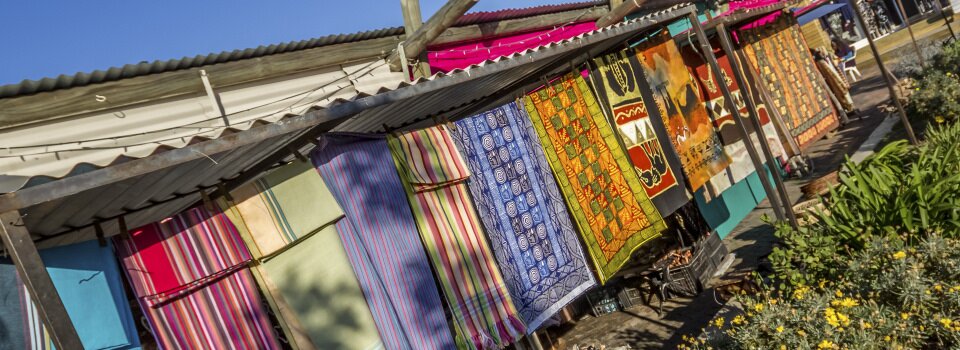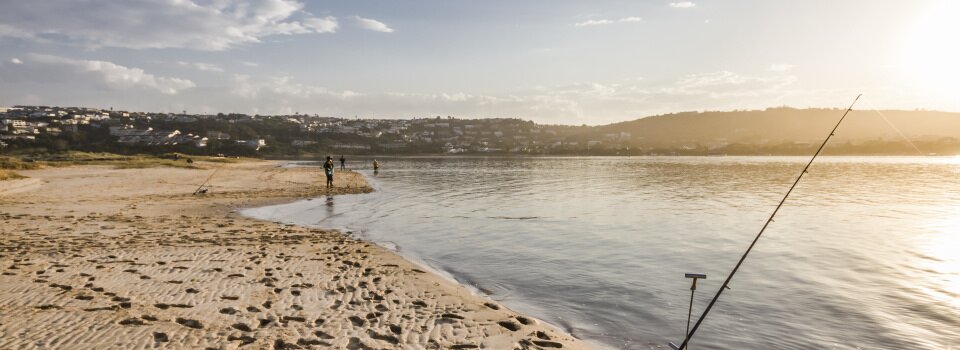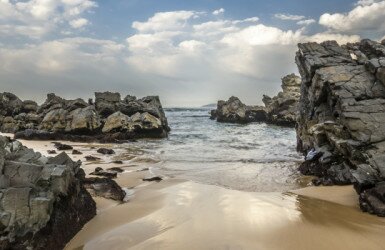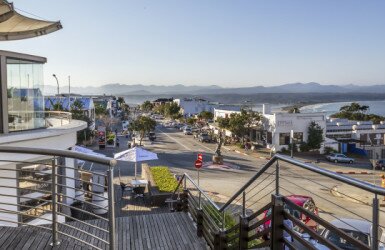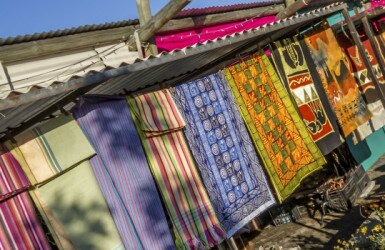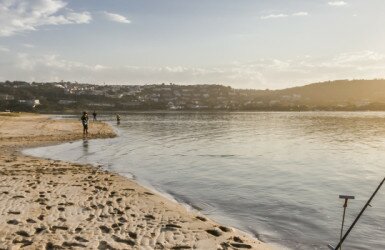Tourist information
There are two ways of organising a holiday. The first is to decide on the spur of the moment to head off, and do just that. It´s a valid option, but you will probably have to maintain that frame of mind or you might start getting irritated at the things you forgot to organise and pack.
The more usual way is to plan ahead a bit, thus ensuring that you won’t have any unpleasant surprises. Check your passport isn´t about to expire, check whether you’ll need visas, organise travellers´ cheques well in advance, organise travel insurance and medical insurance. Check your flight details and don’t forget to confirm them including onward connections and returns. Don´t forget to order special meals on flights, or children´s meals, if necessary.
What to pack
Pack a while ahead. Most of the time you´ll be most comfortable in light, summer-weight clothes but do pack a warm jacket, socks, good shoes and a rain jacket. Pack sunscreen lots of it and a hat and sunglasses. Make sure you have at least one cool shirt with a collar for sun protection. Stock up on insect repellent and, if you´ll be in a malaria area, ensure you have a cool, long-sleeved shirt and cool long pants for evenings. Bring good walking shoes.
Always pack a bandanna or cotton scarf and a sarong, kanga, pareo, kikoi whatever you want to call it. These two garments are probably the most useful and versatile items in the world. If you´re spending time watching game, you should try to wear reasonably neutral colours but, really, you don´t have to look like an extra on the set of Out of Africa. You don’t need formal clothes, but you will need something pretty smart for exclusive hotels and the Blue Train.
Drugs/medication
If you are dependent on any drugs or medication, as we say bring a supply and a spare prescription. (We call our drugstores “pharmacies”.)
Important documents
Make two copies of all your important documents, like passports. Take one with you, in a different bag to the original, and leave one at home with a responsible, easily reachable person. Try to memorise all your important numbers – passport numbers, credit card numbers, etc. If you lose your bag, this could be an enormous help.
Can I use my hairdryer?
Electricity is generally 220/230 volts, 15 amps, and is supplied through either 15-amp three-prong or 5-amp two-prong plugs, in both cases with round pins. If you´re bringing anything electrical, bring an adapter or you could buy one here. Generally, the 110V video chargers work safely on the 220V supply. Television is on the PAL system.
Spectacles, contact lenses
Bring spare spectacles, and/or a copy of your prescription. If you wear contact lenses, consider using disposables for a short holiday, especially if you´re planning to river raft, dive or such. Also bring spectacles, as the dry dusty environment of some game farms may irritate your eyes.
If you’ve forgotten anything don´t panic. This is not the back of beyond, and you can buy whatever you need probably at a good price.
And pack a camera you’ll want to save your wonderful memories. You can buy film anywhere, and camera batteries in any city.
Source: South African Tourism
Cape Town Airport, also known as Cape Town International Airport is the 2nd largest airport in South Africa. It is a major gateway for tourism in the country seeing million of visitors arriving in the city of Cape Town annually. It is predicted that Cape Town Airport would have seen fourteen million travelers by 2015 making it the 2nd busiest airport in South Africa, and the third busiest in Africa, coming in behind OR Tambo International Airport and Cairo Airport. Click to read more



